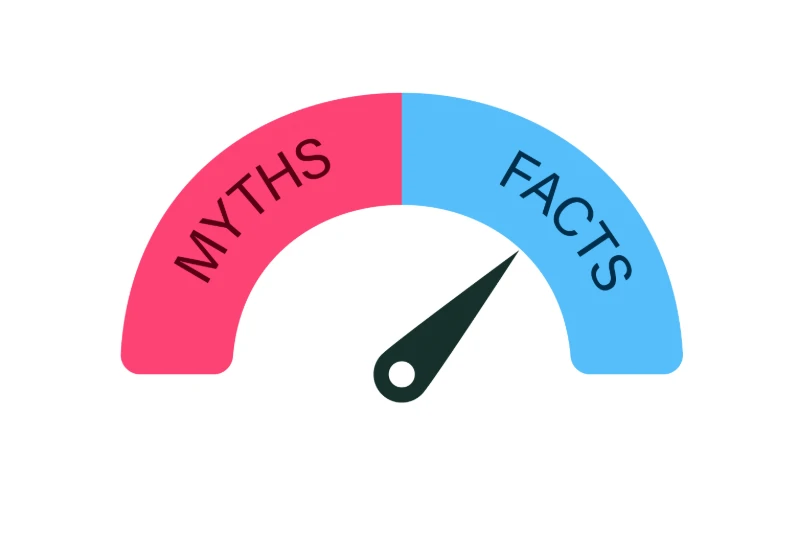When it comes to getting a mortgage, there’s no shortage of misinformation. Many homebuyers, especially…
5 Mortgage Options for Self-Employed Professionals
Mortgage Tips · Self-Employed Mortgage Options
Being your own boss comes with numerous benefits—flexibility, control over your work, and the potential for unlimited income. However, when it comes to securing a mortgage, self-employed professionals often face unique challenges. Traditional lending standards can make it difficult to qualify based on fluctuating income or unconventional documentation. But don’t worry; there are mortgage options tailored just for you. Here are five mortgage solutions that can help self-employed individuals unlock the door to homeownership.
- Bank Statement Loans
Traditional mortgages typically require W-2 forms and tax returns to verify income, which can be problematic for self-employed borrowers with write-offs that reduce taxable income. Bank statement loans offer an alternative by using your bank deposits to determine income. Lenders will review 12 to 24 months of personal or business bank statements to assess your cash flow, providing a more accurate picture of your earning potential.
Benefits:
- No need for tax returns or W-2s
- Qualify based on actual cash flow
- Flexible documentation requirements
- Profit and Loss Statement Programs
If your business has consistent revenue but fluctuating expenses, a Profit and Loss (P&L) statement loan might be the right fit. This program allows you to qualify for a mortgage based on a P&L statement prepared by a CPA or licensed tax preparer. The lender assesses your income by examining the profitability of your business over a specific period.
Benefits:
- Reflects true business income
- Accommodates businesses with variable expenses
- Simplifies the income verification process
- Non-QM (Non-Qualified Mortgage) Loans
Non-QM loans are designed for borrowers who don’t meet the strict criteria of conventional mortgages. They offer flexible underwriting standards, allowing for alternative income verification methods like bank statements, asset depletion, or using rental income to qualify.
Benefits:
- Flexible credit requirements
- Alternative income documentation
- Can finance unique property types
- DSCR (Debt Service Coverage Ratio) Loans
For self-employed individuals interested in investment properties, DSCR loans are an excellent option. Instead of personal income, lenders focus on the property’s cash flow to cover mortgage payments. If the rental income exceeds the property’s expenses, you have a strong chance of qualifying.
Benefits:
- No personal income verification
- Qualify based on property income
- Ideal for expanding investment portfolios
- 1099 Income Loans
If you receive 1099 forms for contract or freelance work, some lenders offer mortgages that allow you to qualify using your 1099 earnings. This option simplifies the process by focusing on your gross 1099 income rather than net taxable income after deductions.
Benefits:
- Uses gross income before expenses
- Simplifies documentation
- Tailored for independent contractors and freelancers
Tips for Improving Your Chances of Approval
- Maintain Good Credit: A higher credit score can offset the perceived risk of irregular income.
- Organize Financial Documents: Keep meticulous records of your income, expenses, and bank statements.
- Lower Your Debt-to-Income Ratio: Pay down debts to improve your financial profile.
- Save for a Larger Down Payment: A substantial down payment can enhance your approval odds and may secure better terms.
Conclusion
Securing a mortgage as a self-employed professional doesn’t have to be an uphill battle. By exploring alternative lending options like bank statement loans, P&L programs, non-QM loans, DSCR loans, and 1099 income loans, you can find a financing solution that fits your unique situation. At Business Owners Mortgage, we’re dedicated to helping entrepreneurs and self-employed individuals navigate the mortgage landscape. Contact us today to discuss your options and take the first step toward owning your dream home.
Phoenix, Arizona | Serving Clients Nationwide
Related Posts You Might Enjoy:
- How Rising Home Prices Impact Your Buying Power
- 5 Hidden Costs of Buying a Home
- Choosing the Right Real Estate Agent





